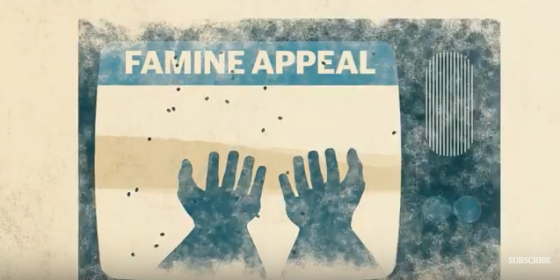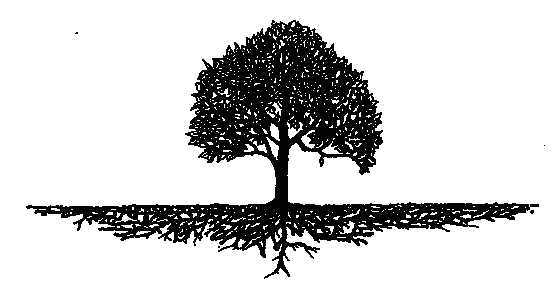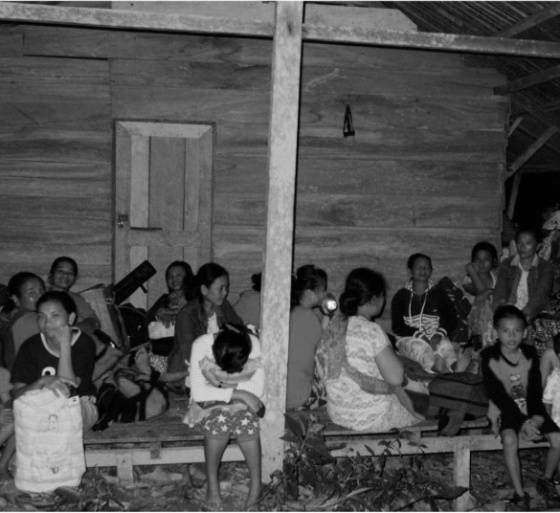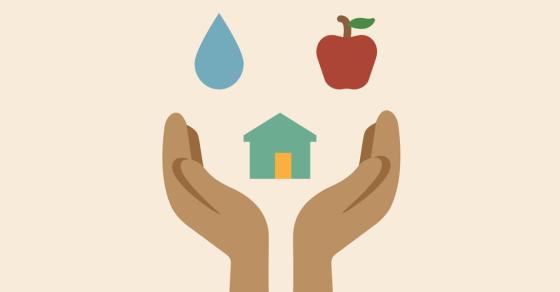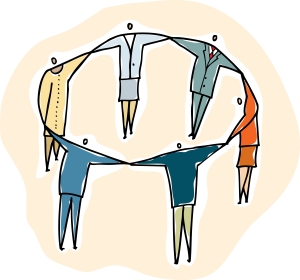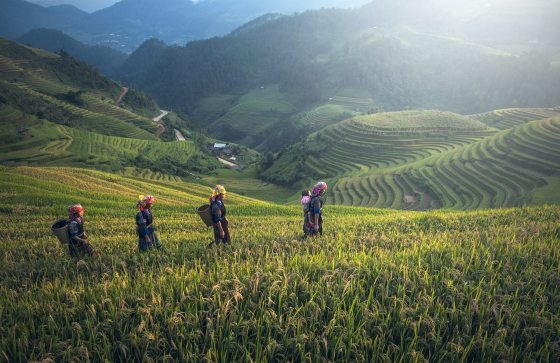
Well, since I’ve worked in agriculture sector for a bit of time. I’d like to share some thoughts regarding the pandemic’s impacts to women especially those in agriculture.
Women’s Roles in Agriculture
Women have different roles in agriculture as they have diverse functions across the value chain—from directly involved in farming practices as producer, to crops distributing and and trading. In farming practices, women are involved in planting, weeding, harvesting, and also selling their crops. Women who don’t have ownership on the cultivated land and do farming activities in exchange of fee are called (female) laborers. In opposite, if they also have ownership of the land, they are categorized as farmers. Aside of that, women also have influence on buying input as they are who mostly manage the income. In distributing and trading, women may become local traders who usually buy agriculture commodities from farmers and sell them to local markets or they can be bigger traders who usually buy agriculture commodities in large scale and run their own businesses.
Potential Challenges for Women in Agriculture during Covid-19
For Female Farmers
Female farmers will find various risks related to their businesses and operations as Covid-19 pandemic spreads. Their crops sales are projected to decline due to shrinking business-to-business demand such as demand from F&B businesess, catering, hotel, restaurant, and café. However, this may not applied to staple foods (e.g. rice and wheat) and vegetables and fruits because staple food’s demand tend to increase and price are starting to soar as the pandemic hampers global and national logistics and cause people do panic-buying. In addition, as health awareness and tendency to cook at home is rising, staples and fresh produce sales increased. As per week 10, fruits and vegetable sales increased 8% than previous year (Nielsen, 2020). As women in the household, female farmers typically invest a higher proportion of their earnings in their families and communities than male farmers. A decrease in female farmer’s income can also mean a decrease in children’s educational support, family nutrition, and long-term investment.
For Female Laborers
Women who only rely their incomes on being laborers could be so much affected. They will experience income loses due restriction of movement and low production. Or if they can keep their job, there’s a risk of declining wage because of disproportionate farm laborers compared to agricultural production. The increase in the number of laborers may due to the movement of people from the cities to their hometowns because of large number of lay offs in the cities.
The majority of laborers for some agricultural commodities (e.g.: vegetables, mung bean, peanut, coffee etc.) are women. Female laborers are very relying on their job because of limited employment opportunities around the village for females who also have low levels of education. It’s strongly believed that Covid-19 pandemic will impact on the job loss or significant income reduction for female farm laborers.
For Female SMEs Owners (Collectors and Traders)
SMEs owners will bear major business impact from Covid-19. There’s potential decline in agriculture commodity sales due to low demand because people tend to spend less in this uncertainty condition. Another risk is about scarcity of supply and rising prices due to slowing down in supply chain because of restriction of movement. In addition, they will also find it more difficult to access market because people are becoming more reluctant to do offline transaction in local market/nearby shops.
Sales decline due to Covid-19 pandemic will give huge impact on women because the majority or 85% of traders in the Indonesian local market are women (Muwazah, 2017). Various Indonesian news outlets reported in March that the sales in several traditional market has decreased to 50%. In traditional market, loss in sales can be directly translated to loss in profitability and cash flow. Since they rely on cash flow as their capital, this situation can be challenge to keep their business afloat.
For Women in Household
Generally, women act as household financial managers as they understand best what their families need and what needs to be prioritized in terms of spending such as expenses for food, education, healthcare, and long-term investments. In Indonesia, the average income of farmers is less than IDR 1.99 millions which can be categorized as poor (BPS, 2019). In poor households, food makes up a bigger part of overall budgets. Thus, Covid-19 will put them in further risk as their purchasing power declined due to decrease in income. The Covid-19 negative impacts may also be exacerbated by price gains in staple foods and highly-nutritious foods such as vegetables and fruits. By consuming foods that are less nutritious, there are certainly health threats. For children, it could hamper their physical growth and slow down their brain development. In general, it could put all the family members susceptible to malnutrition and many diseases that could inhibit their productivity.




